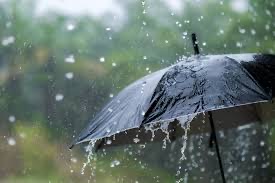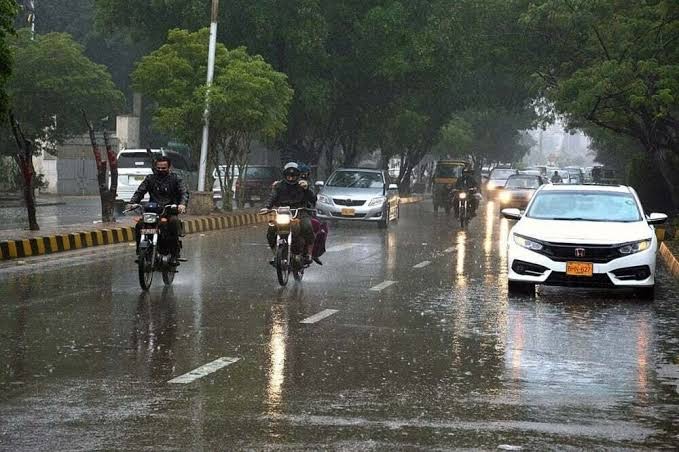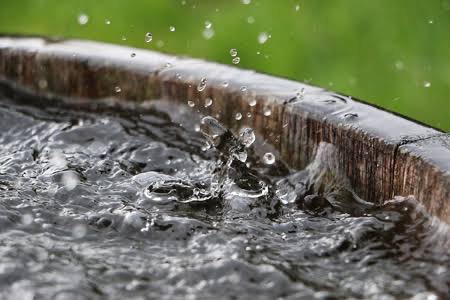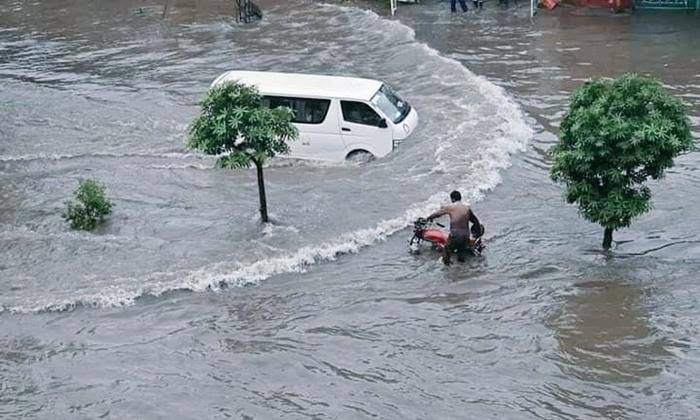TABLE OF CONTENT:
The Advantages of Rain: Why We Should Welcome a Good Downpour
The Dark Side of Rain: Understanding Its Disadvantages
ADVANTAGES AND DISADVANTAGES OF RAIN

The Advantages of Rain: Why We Should Welcome a Good Downpour
Rain is often seen as an inconvenience that spoils plans and causes traffic jams, but it actually has many benefits for our planet and for us. In this article, we'll explore the advantages of rain and why we should welcome a good downpour.
Provides Water for Plants and Animals
-
Rain is vital for the survival of plants and animals. Plants use water to grow, and many animals rely on plants for food. Rain also provides water for lakes, rivers, and other bodies of water that are important habitats for fish and other aquatic animals.
Helps to Prevent Drought
-
Rainfall is crucial for preventing droughts, which can have devastating effects on agriculture, wildlife, and human populations. Even a few days without rain can cause crops to wither and die, leading to food shortages and higher prices. In areas that are prone to drought, rain is essential for maintaining a healthy ecosystem.
Cleans the Air

-
Rain helps to clean the air by removing pollutants and allergens. When rain falls, it captures airborne particles and washes them away, leaving the air cleaner and healthier to breathe. This is especially important in urban areas where pollution levels can be high.
Replenishes Groundwater
-
Rainwater seeps into the ground and replenishes the water table, which is an important source of freshwater for many communities. Without rain, groundwater levels can drop, leading to shortages and even the drying up of wells and springs.
Can Improve Mood
-
Many people find the sound of rain to be soothing and relaxing. Rain can also help to improve mood by providing a sense of renewal and freshness. After a rainstorm, the air is often cooler and cleaner, which can be invigorating and refreshing.
Helps to Prevent Wildfires
-
Rain can help to prevent wildfires by dampening dry brush and grasses that can easily ignite in hot, dry weather. In areas that are prone to wildfires, rain is an important tool for preventing these destructive natural disasters.
Supports Renewable Energy
-
Rain is also important for supporting renewable energy sources such as hydropower. Hydropower is generated by capturing the energy from falling water, and rain is a crucial source of that water. Without rain, hydropower production would be limited, which could make it more difficult to transition away from fossil fuels.
In conclusion, rain is an important and valuable resource that provides numerous benefits for our planet and for us. While it can be inconvenient at times, we should welcome a good downpour and appreciate the advantages that rain brings.
The Dark Side of Rain: Understanding Its Disadvantages
Introduction:
Rain is undoubtedly a natural phenomenon that provides various benefits to the environment and people. It's the source of water that supports various ecosystems and sustains life. However, despite its importance, there are several disadvantages of rain that we must be aware of. In this article, we'll discuss the most significant disadvantages of rain and how they affect us.
Heading 1: Property Damage
Rain can cause severe damage to properties, especially during heavy rainfall. Floods and landslides caused by excessive rainfall can cause significant destruction to buildings, homes, and infrastructure. Additionally, rainwater can seep into the foundation of buildings, causing structural damage that can be costly to repair.
Heading 2: Transportation Disruptions

Rain can significantly impact transportation, causing delays and even cancellations. Heavy rainfall can lead to flooded roads, making it difficult for people to travel. Furthermore, waterlogged tracks can disrupt rail and air travel, leading to significant losses for transportation companies.
Heading 3: Health Risks
Rainwater can carry several pollutants and harmful bacteria that can cause severe health problems. During heavy rainfall, sewage systems may overflow, and contaminated water may mix with clean water sources. This can lead to an increase in waterborne diseases, including cholera, typhoid fever, and hepatitis A.
Heading 4: Agricultural Losses
Rain plays a vital role in agriculture, but excessive rainfall can be detrimental to crops. Heavy rain can cause soil erosion, damage crops, and reduce their yield. Additionally, flooding can destroy entire fields, leading to significant financial losses for farmers.
Heading 5: Psychological Effects
Rainy days can have a significant impact on people's moods and mental health. For some individuals, rainy days can trigger feelings of sadness and depression. Furthermore, prolonged periods of rain and cloudy weather can lead to Seasonal Affective Disorder (SAD), a type of depression that's triggered by changes in the seasons.
Conclusion:
While rain is an essential part of our ecosystem, it's essential to understand the disadvantages it can bring. From property damage to health risks, heavy rainfall can cause significant disruptions to our lives. As we continue to deal with climate change, it's crucial to take necessary measures to mitigate the negative impacts of rain on our society.


You must be logged in to post a comment.